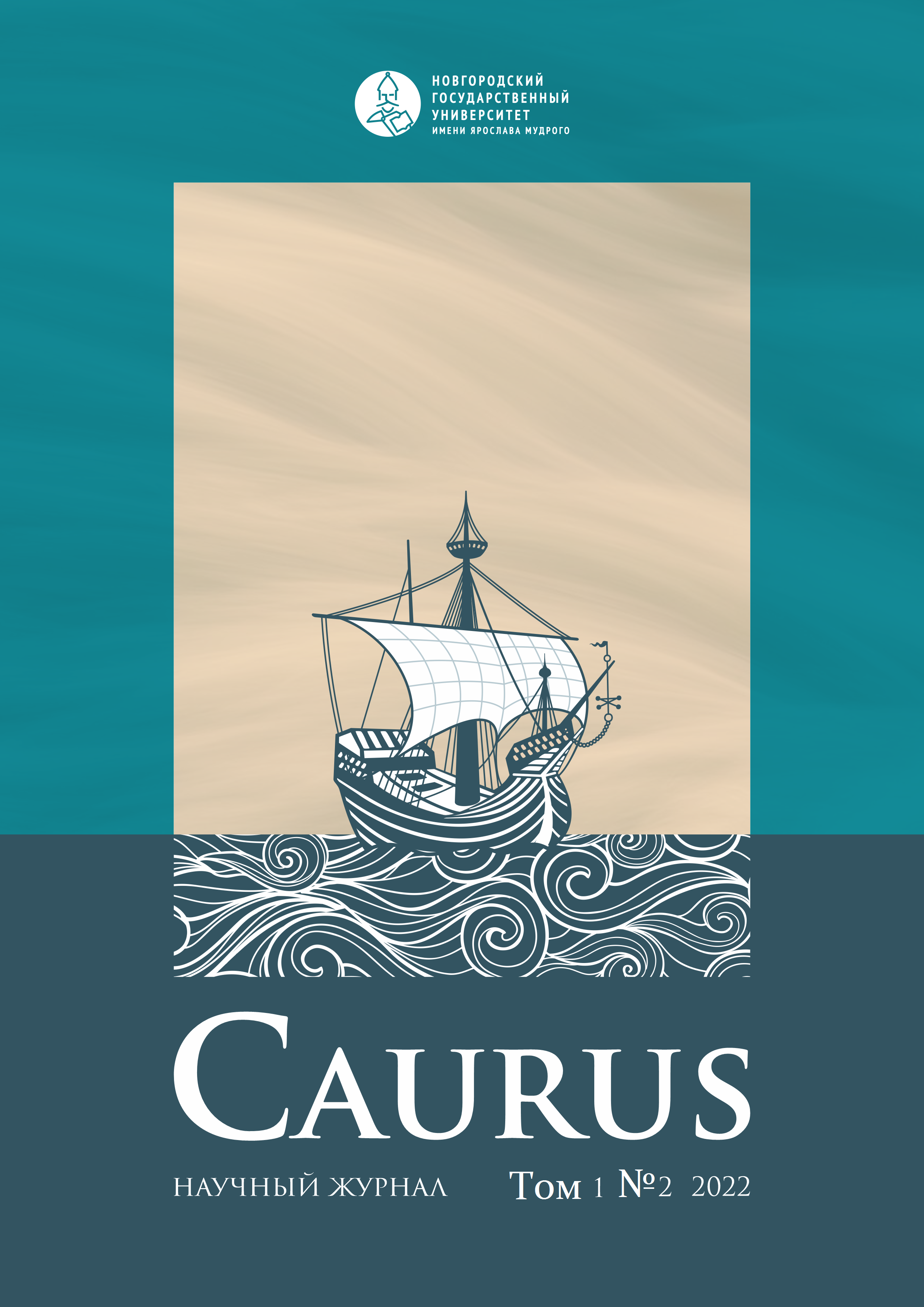The Polish-Lithuanian Commonwealth in the context of the Interregnum
DOI:
https://doi.org/10.34680/Caurus-2022-1(2)-68-80Keywords:
Polish-Lithuanian Commonwealth, Kingdom of Poland, Alexander I, Tsesarevich Konstantin, Grand Duke Nicholas, succession to the throne, InterregnumAbstract
The Interregnum aroused the interest of researchers mainly because it was a prelude to the overt action of the Decembrist conspiracy. The reasons why the issue of succession caused a dynastic crisis, which almost led to the fall of autocracy in Russia, interested historians to a much lesser extent than the events on Senate Square on December 14, 1825. Meanwhile, the so-called Decembrist uprising was largely the result of the same reasons that caused the dynastic crisis, the origins of which should be sought in the Polish policy of Alexander I. The desire of the Russian emperor, who became the Polish king after the Vienna Congress, to restore the Polish-Lithuanian Commonwealth in its medieval borders, led by Tsesarevich Konstantin, provoked resistance from various strata of Russian society. It was one of the reasons for the emergence of the Decembrist conspiracy and, not being implemented due to premature death of the tsar, confused the dynastic situation and provoked the secret society.







